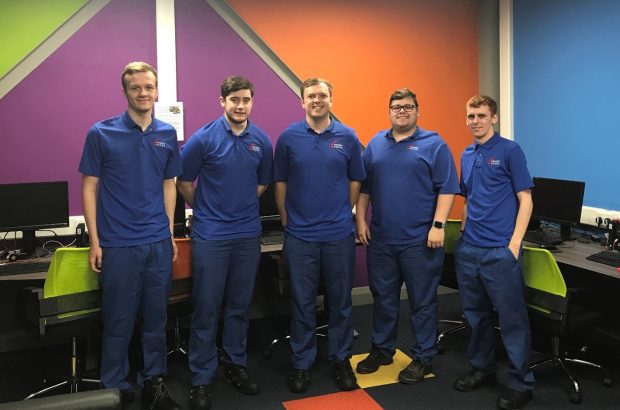Trailblazing the new food and drink Apprenticeship Standards

Establishing a clear career path for new entrants
Throughout our industry, it was widely recognised that there was a lack of formal training for food and drink operators in the sector. There was a real need to have a development programme in place to support the training of new entrants into technical roles to secure talent for the future.
With that in mind, we wanted to establish a clear career path for new entrants into the industry. We wanted to ensure that people would view working in a food factory as a career choice, rather than the last option. To achieve this, we trialled the first Level 3 Advanced Food Operator programme in the country, even before the introduction of the Levy. When we started the programme we only had a cohort of five, all of whom had passed their assessments, we now have two further cohorts in place making this an annual programme.
With the Advanced Food Operator programme, our aim has been to drive recruitment for technical operators, as we have an ageing workforce and are in danger of losing valuable skills in the coming years.
What apprentices will learn
Apprenticeship standards are fantastic for our industry, as they provide a pathway and structured development programme into the sector.
All of the skills our apprentices learn are transferable for other roles such as Team Leader, Continuous Improvement Specialist and many more. It is so important that our apprentices are learning transferrable skills in order to ensure they have all the skills to succeed in roles throughout our industry past their apprenticeship.
Apprentices supervise work on food and drink production lines to ensure products are safe for consumers. Premier Food apprentices will begin their day by completing critical control point checks to make sure production is ready to start. Throughout the day apprentices carry out quality checks, help run the production lines, and ensure products are safe for customers.
On completion of their apprenticeships, many go on to fill full-time, permanent Technical Operator roles. As we haven’t been running the programme that long it is too early to predict whether they will go on to positions such as Team Leader, but with this training, they will have an excellent grounding to do so.
The success of the first cohort has ensured that the programme has become a normal part of the workforce planning process. Finally, I think it is fantastic to see future talent grow, as we build on the apprentices’ skills and knowledge. Their enthusiasm and passion for learning is infectious!
An exciting place to work and a genuine career choice
Our industry is an exciting place to work due to its fast-moving nature, diversity and relevance to everyone – we all love food! The new standards help to illustrate this, as well as outlining what is involved in each of the jobs covered by them and covering what is expected of a “good” Technical Operator. The Standards we have created help to promote roles in the food and drink industry as a genuine career choice.
The Trailblazer group, the group of employers designing the standard, has helped to bring food and drink companies together through developing these apprenticeships. This is where we all put our competitiveness to one side to work on a common aim for the industry, to develop training fit for our sector. I am delighted to say that I can still call on those employers today.
Julie Harris, Apprenticeship and Graduate Manager for Premier Foods, oversees the Level 2 Food Operator and Level 3 Advanced Food Operator Apprenticeship Standards.











Responses